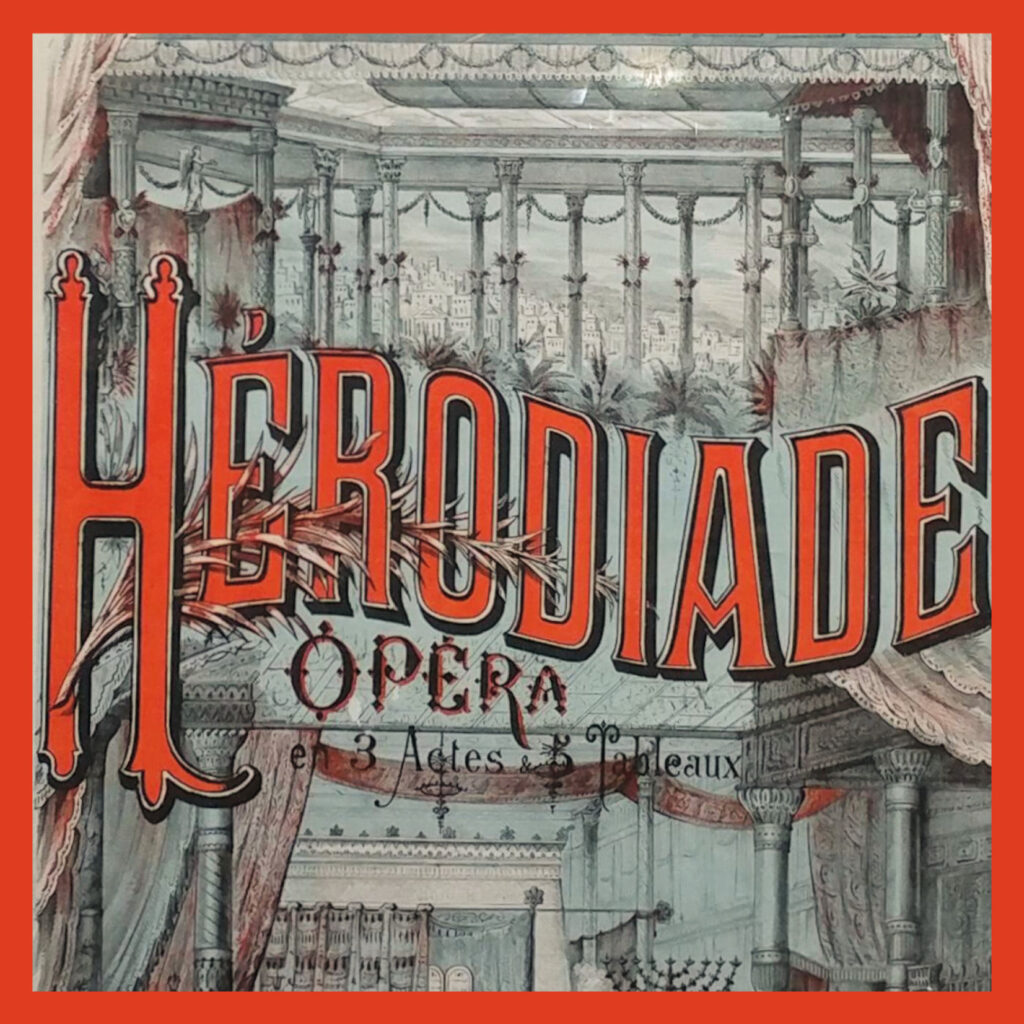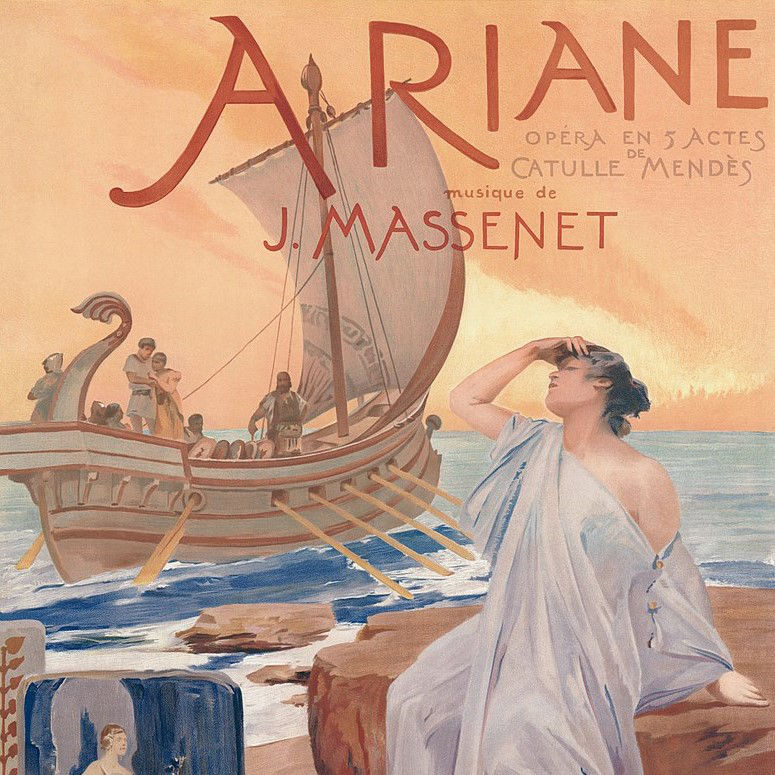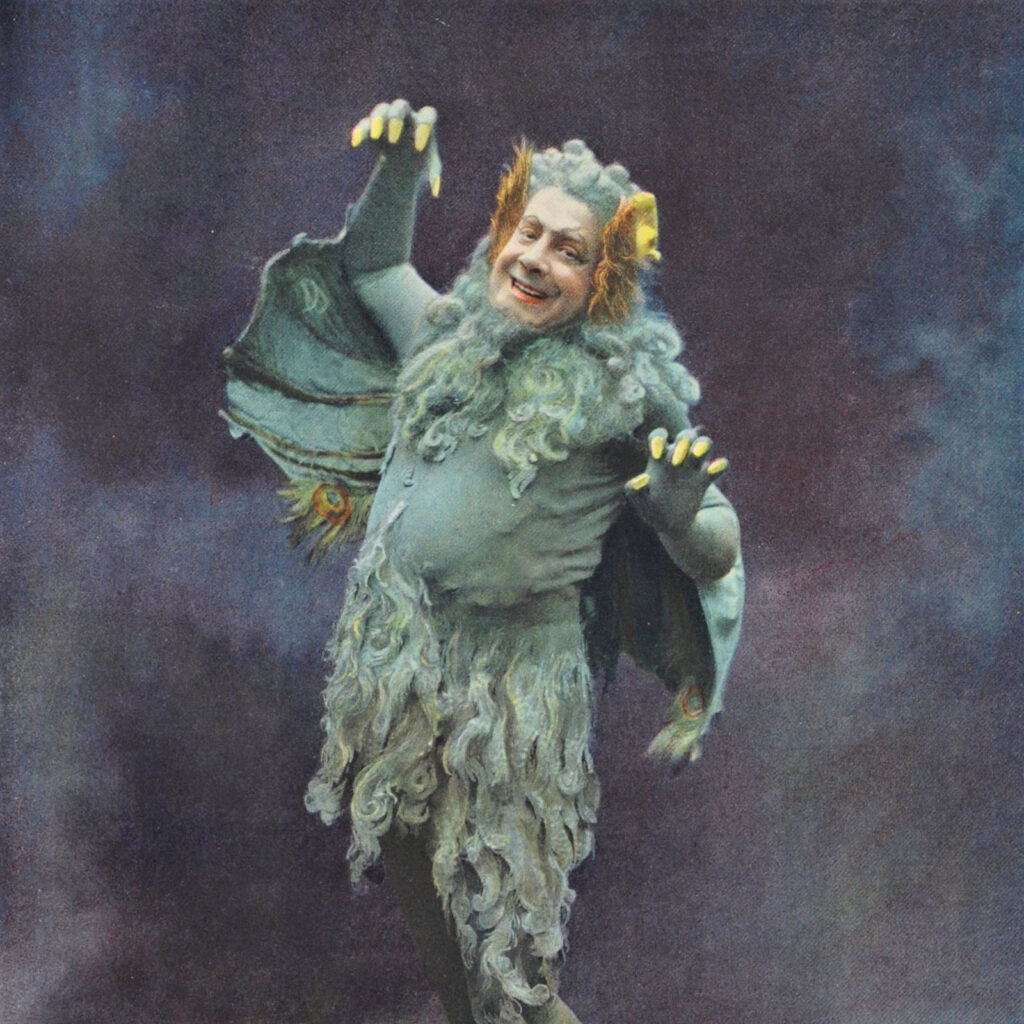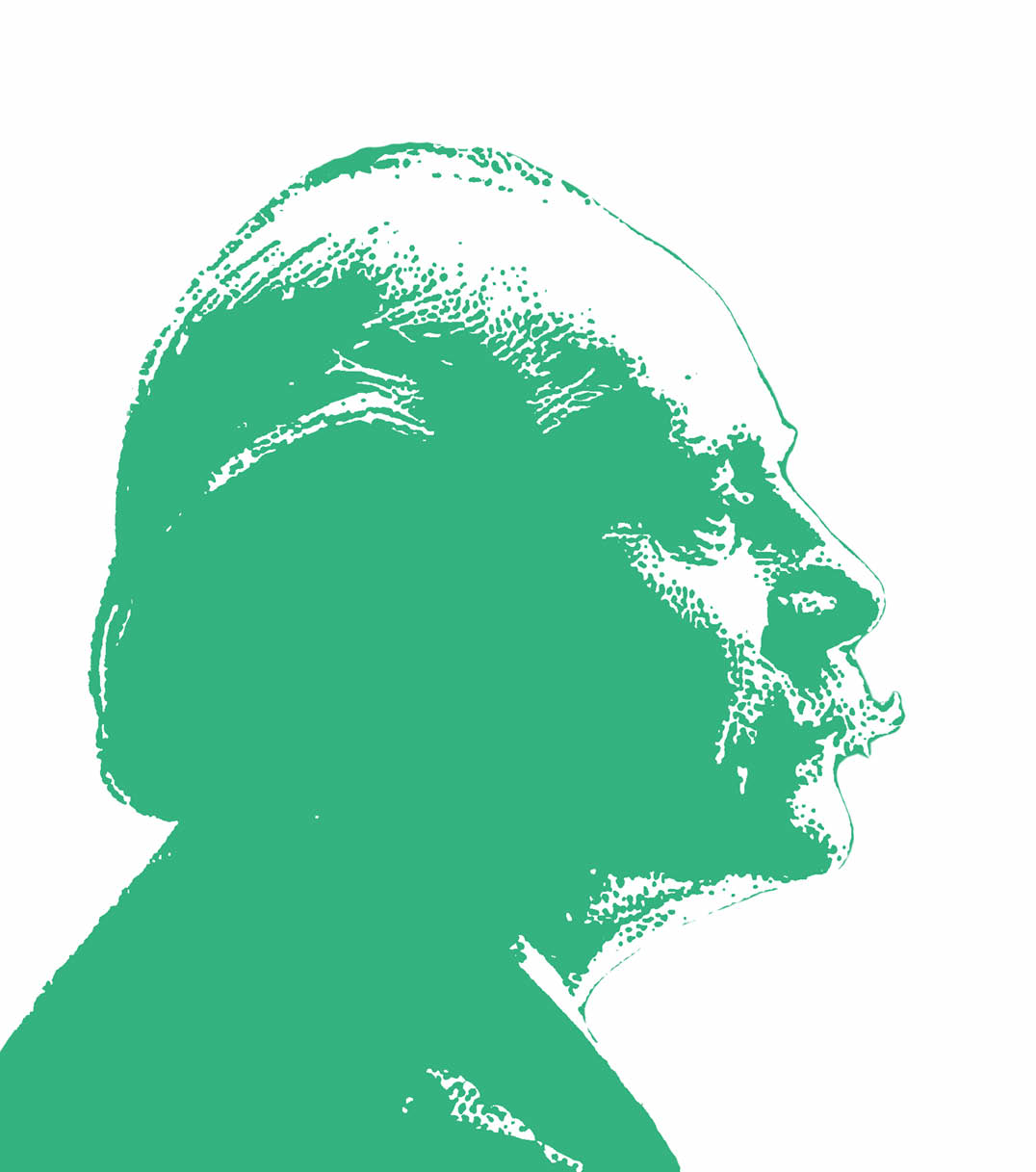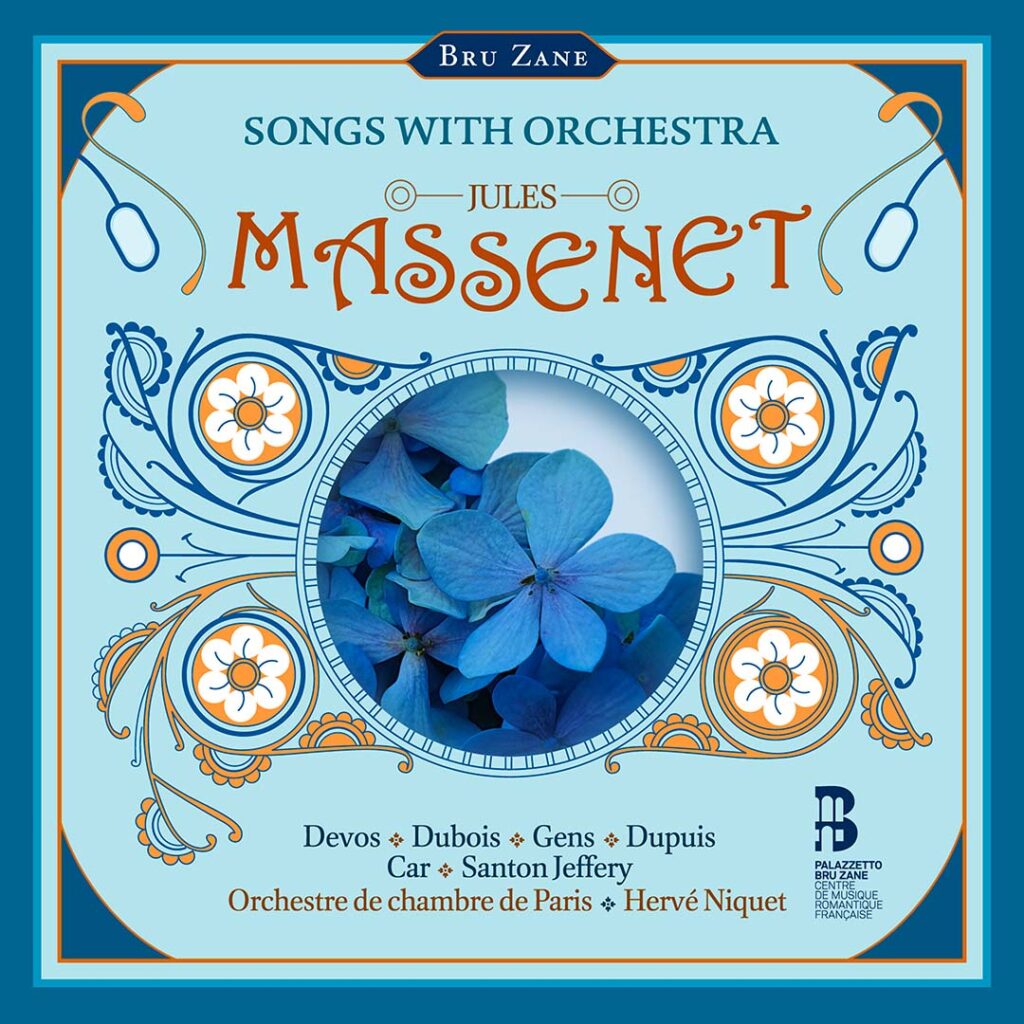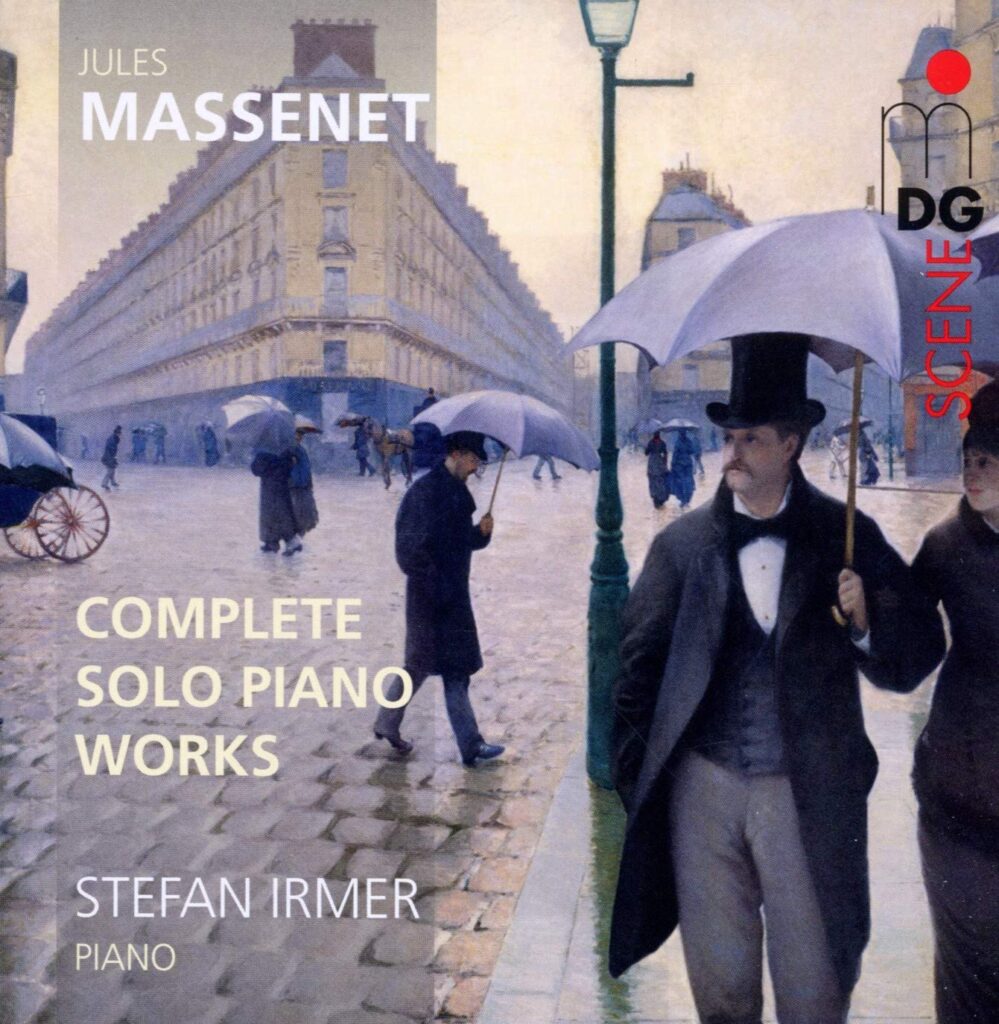Jules Massenet (1842-1912), compositore e didatta, ha influenzato profondamente la musica francese. È talmente evidente che si tende a dimenticarlo.
Di natura piuttosto riservata, poco incline a scendere nell’arena mediatica per scatenare polemiche, a prima vista egli non si presenta come un filosofo dell’arte musicale o un teorico della riforma lirica. Espressione di una certa saggezza e desiderio di dedicarsi unicamente a comporre, la discrezione di Massenet si spiega anche con la posizione centrale che occupa nella vita musicale francese. Perché avrebbe dovuto criticare i colleghi, quando già deteneva i posti più prestigiosi – professore di composizione al Conservatorio di Parigi e membro dell’Académie des beaux-arts all’età di trentasei anni – e le sue opere riscuotevano un successo internazionale? Per conoscere la sua estetica, basta ascoltare i suoi lavori e quelle dei suoi allievi. Massenet ha continuato a fornire opere ambiziose ai più importanti teatri europei, badando a non ripetersi col variare la scelta dei soggetti: fantastici, fiabeschi, antichi, medievali, esotici, ecc. Inoltre si è impegnato a formare una generazione di artisti che gliene sarà a lungo riconoscente. Gabriel Pierné, Xavier Leroux, Gustave Charpentier, Augustin Savard, i fratelli Hillemacher, Alfred Bruneau, Paul Vidal, Reynaldo Hahn, Henry Février, Florent Schmitt sono solo alcuni dei suoi tanti seguaci, che porteranno la visione del maestro fino al cuore del XX secolo.
Di natura piuttosto riservata, poco incline a scendere nell’arena mediatica per scatenare polemiche, a prima vista egli non si presenta come un filosofo dell’arte musicale o un teorico della riforma lirica. Espressione di una certa saggezza e desiderio di dedicarsi unicamente a comporre, la discrezione di Massenet si spiega anche con la posizione centrale che occupa nella vita musicale francese. Perché avrebbe dovuto criticare i colleghi, quando già deteneva i posti più prestigiosi – professore di composizione al Conservatorio di Parigi e membro dell’Académie des beaux-arts all’età di trentasei anni – e le sue opere riscuotevano un successo internazionale? Per conoscere la sua estetica, basta ascoltare i suoi lavori e quelle dei suoi allievi. Massenet ha continuato a fornire opere ambiziose ai più importanti teatri europei, badando a non ripetersi col variare la scelta dei soggetti: fantastici, fiabeschi, antichi, medievali, esotici, ecc. Inoltre si è impegnato a formare una generazione di artisti che gliene sarà a lungo riconoscente. Gabriel Pierné, Xavier Leroux, Gustave Charpentier, Augustin Savard, i fratelli Hillemacher, Alfred Bruneau, Paul Vidal, Reynaldo Hahn, Henry Février, Florent Schmitt sono solo alcuni dei suoi tanti seguaci, che porteranno la visione del maestro fino al cuore del XX secolo.


 Torna indietro
Torna indietro  newsletter
newsletter webradio
webradio replay
replay